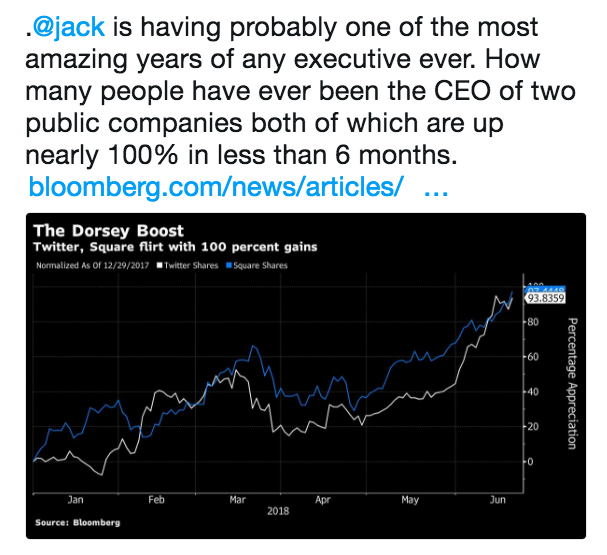What We’re Reading
A few good articles the Collab team came across this week …
How to learn
“When you are cramming for a test, you are holding that information in your head for a limited amount of time,” Mr. Carey says. “But you haven’t signaled to the brain in a strong way that’s it’s really valuable.”
One way to signal to the brain that information is important is to talk about it. Ask a young student to play “teacher” based on the information they have studied. Self-testing and writing down information on flashcards also reinforces learning.
Good luck
Daniel Kahneman talks about luck:
One of the most amusing episodes in the book comes when Kahneman visits a Wall Street investment firm. After analysing their reports, he calculated that the traders, who were highly prized for their ability to “read” the markets, performed no better than they would have done if they made their decisions at random. The bonuses that they received were, therefore, rewards for luck, even though they found ways of interpreting it as skill. “They were really quite angry when I told them that,” he laughs. “But the evidence is unequivocal – there is a great deal more luck than skill involved in the achievements of people getting very rich.”
Tag team

Baby steps
One of his recent articles, titled “The heroism of incremental care,” argues that more lives are transformed by small, caring measures over time than by thunderclap interventions like surgery. The article celebrates the step-by-step caretaking of a headache specialist who spent five years finding a way to relieve a patient’s disabling pain, and the year-after-year attentiveness of a cardiologist who ensured that Gawande’s own son made it to college, despite a heart defect that might otherwise have impaired him.
Unshakable
In his fascinating book,On Being Certain, neurologist Robert Burton systematically and convincingly shows that certainty is a mental state, a feeling like anger or pride that can prove useful, but that doesn’t dependably reflect anything like objective truth. One disconcerting finding he describes is that, from a neurocognitive point of view, our feelings of certainty about things we’re right about is largely indistinguishable from our feelings of certainty about things we’re wrong about.
Decisions
Next Big Sound in New York is one of a growing number of firms that sell data-based analyses to record companies. According to *Forbes *magazine, it has found that musicians who gain 20,000 to 50,000 Facebook fans in a month are four times more likely to reach a million fans. It claims to be able to predict album sales within 20% accuracy for 85% of artists. That may not sound so impressive, but then it depends on what you’re comparing it with: the track record ofA&Rs was not pretty. In his novel “Kill Your Friends”, John Niven, a former A&R man himself, paints a vivid picture of the job, in the words of his narrator, Steven Stelfox: “Now, I don’t have a perfect track record. No one does. But I’m pretty fucking good. On average I only get it wrong maybe eight or nine times out of ten. That is to say, if you played me ten pieces of unsigned music I might instantly dismiss three or four acts that might go on to enjoy enormous success…We, my label, have spent millions, literally millions, signing and developing music that, as it turned out, no sane person wanted to hear.”
Have a good weekend.